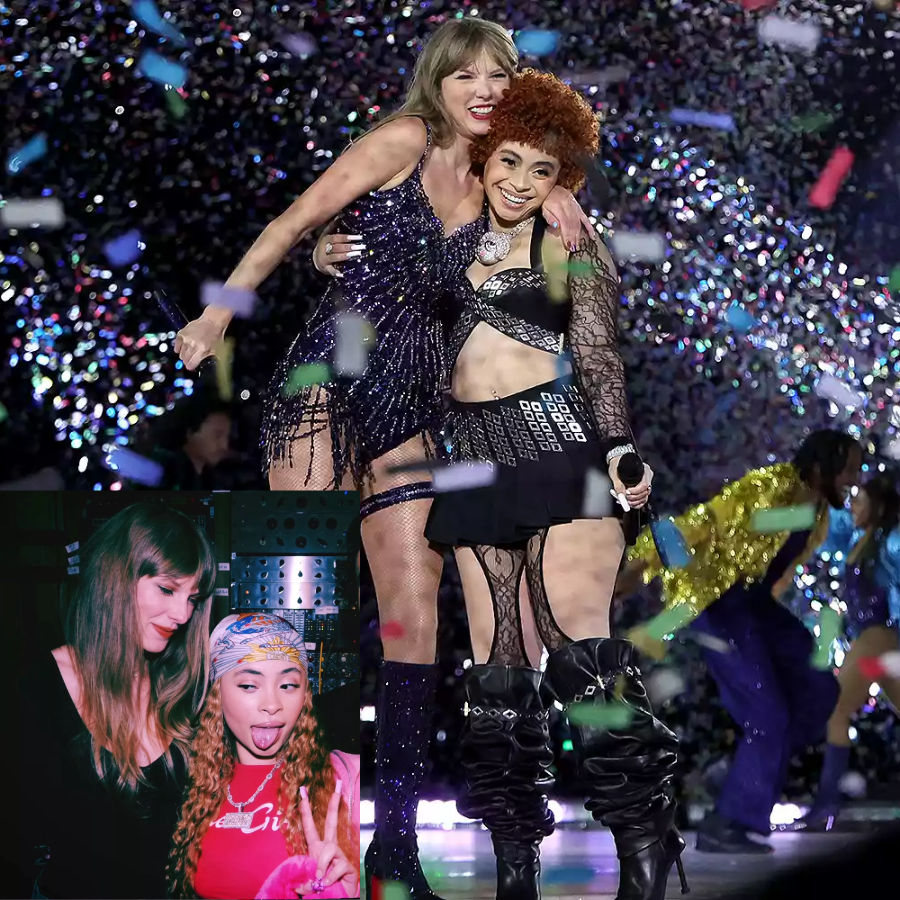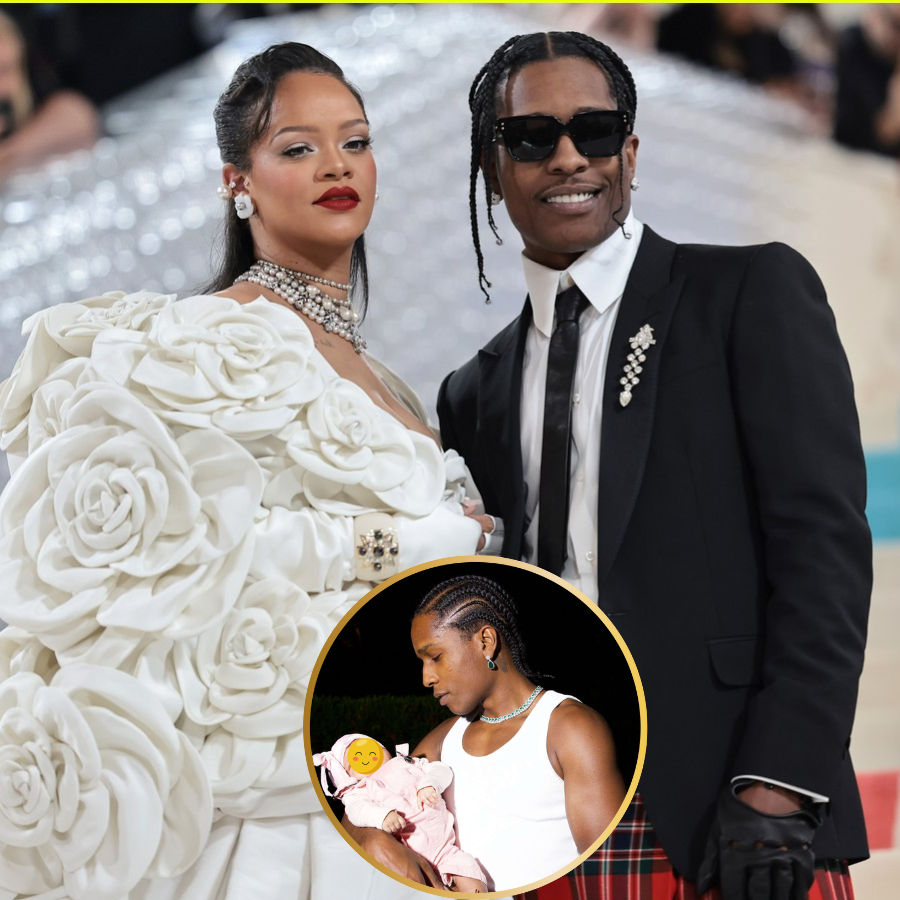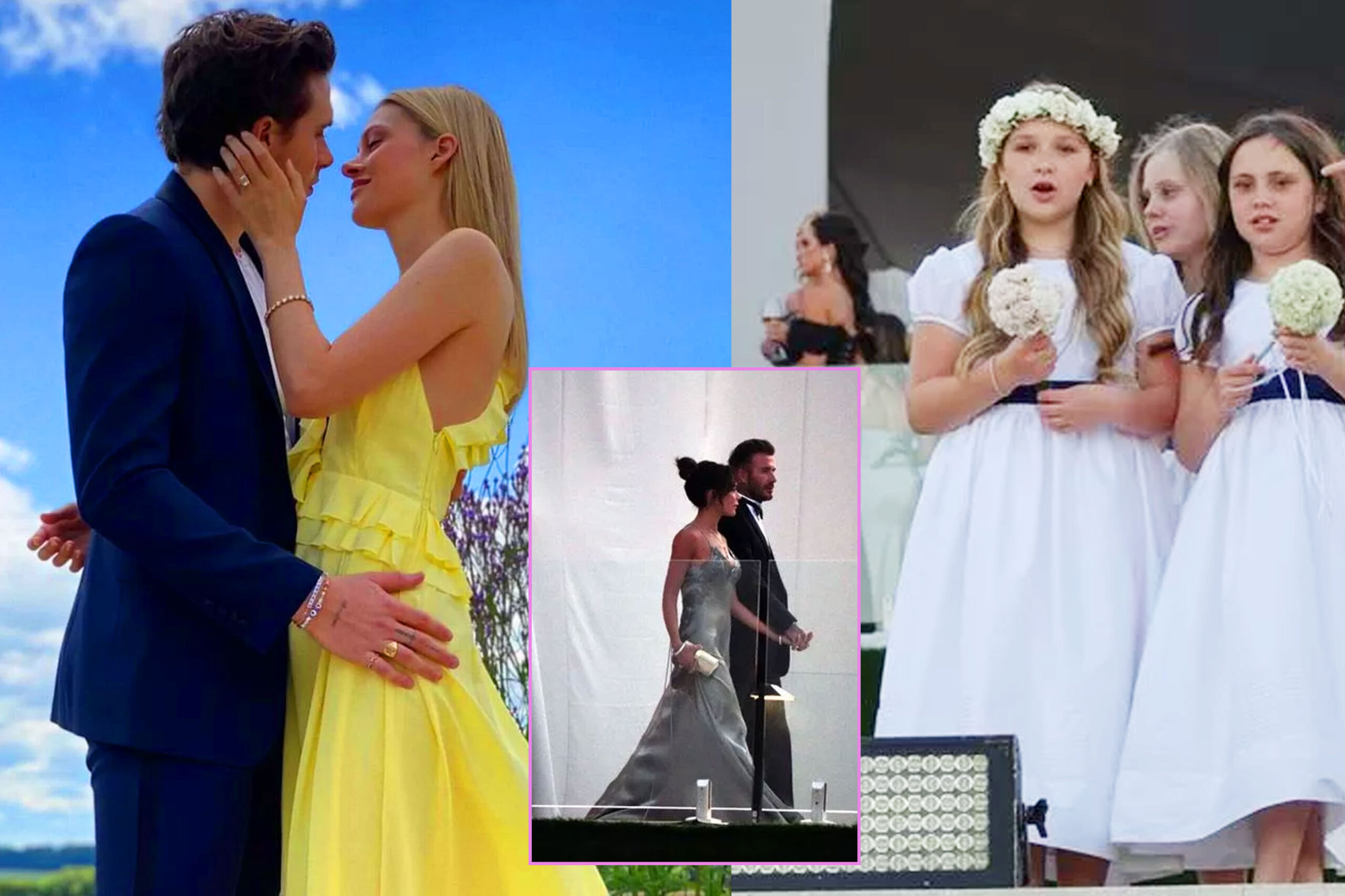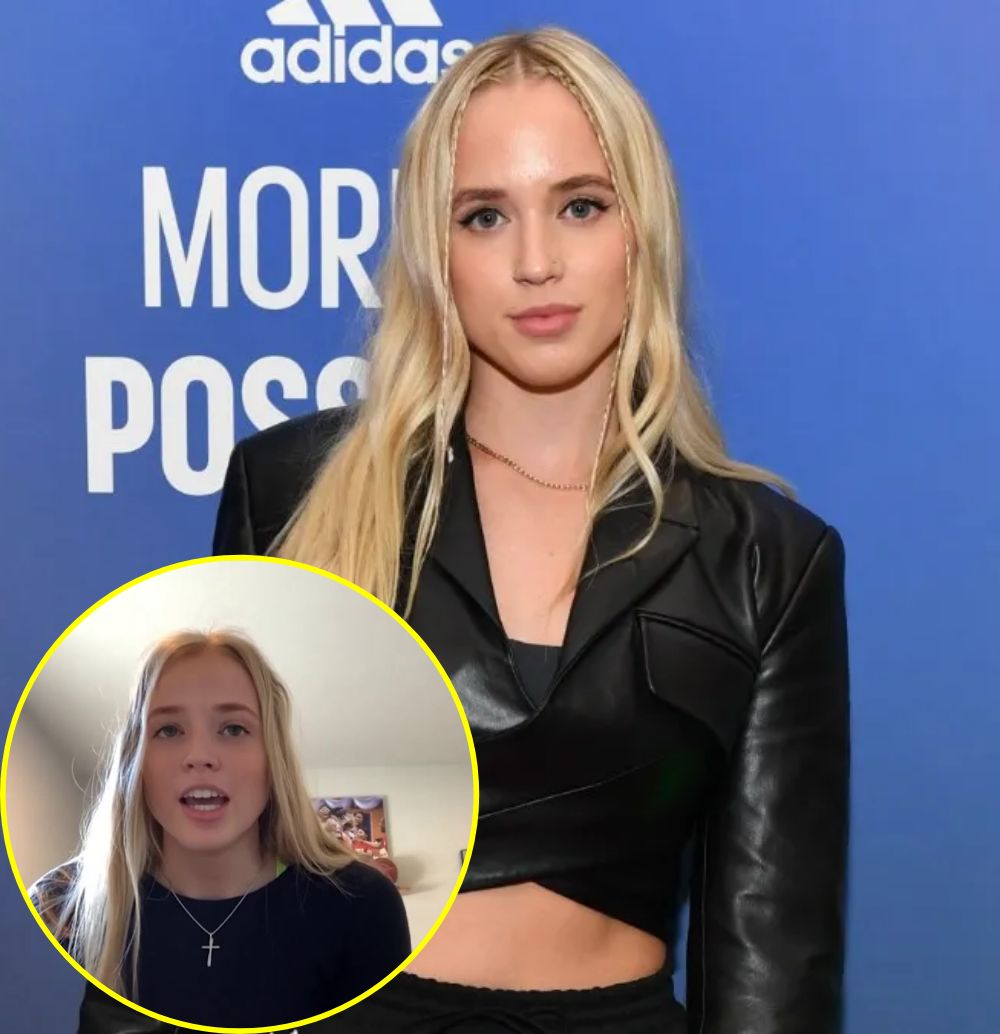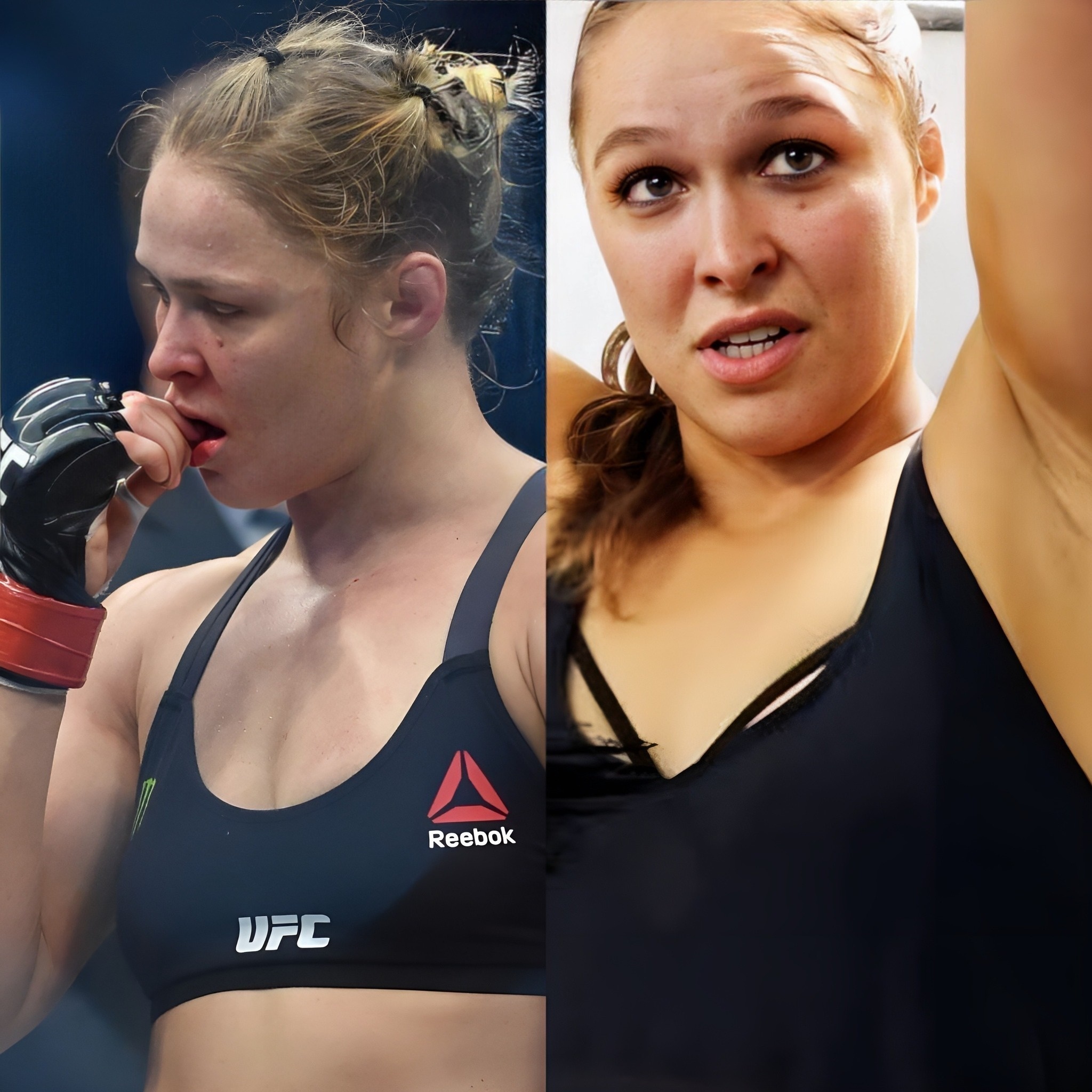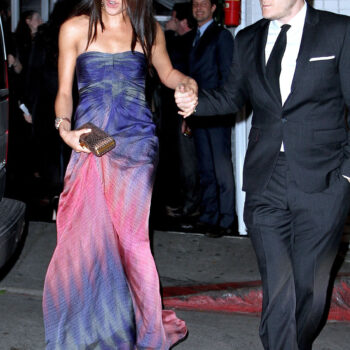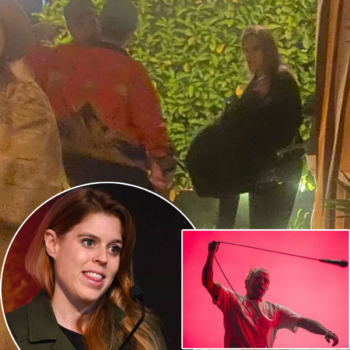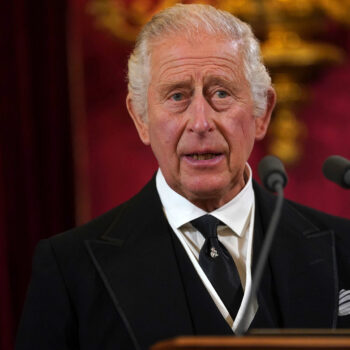
Female Rappers in the Spotlight Make Room for Motherhood
As their influence and success continue to grow, artists including Sexyy Red and Cardi B are destigmatizing motherhood for hip-hop performers.
When the rapper Sexyy Red realized she was pregnant with her second child this summer, just after her singles “Pound Town” and “SkeeYee” broke through on the charts and dominated TikTok, her excitement was met with hesitancy by some members of her team.
She said some people in her camp were supportive. Others advised her to have an abortion, counsel she rejected. “I’m not never going to let nobody tell me what to do with my body,” she said during a video call in December.
Sexyy, born Janae Wherry, publicly announced her pregnancy via an Instagram post on the heels of the release of “Rich Baby Daddy,” a hit collaboration with Drake and SZA. Now in her final trimester, she often performs in belly-hugging unitards as she twerks and raps her hits, taking her 3-year-old son, Chuckyy, on the road with help from her mother.
Women in music, and particularly in the male-dominated battle zone of hip-hop, have long been advised to terminate pregnancies, or at least to recede from the spotlight until their babies were delivered, told that showcasing pregnancy and motherhood would make them seem weak, unappealing or unfocused on their highly competitive careers. Male-led rap crews and record labels have traditionally put their might behind one female M.C. at a time, creating pressure for women to not cede their moment for anything, including starting a family.
Da Brat, whose debut album “Funkdafied” in 1994 was the first platinum release by a solo female rap artist, said she faced pressure to be sexually appealing to women and men, “because everyone had to think they had a shot with you.”

Cardi B revealed her pregnancy in a 2018 appearance on “Saturday Night Live.”Credit…Will Heath/NBCUniversal, via Getty Images
In the past decade, however, Sexyy Red and other chart-topping female rappers, including Nicki Minaj, Cardi B and Yung Miami of the group City Girls, have been emboldened to embrace motherhood in highly visible, and profitable, ways.
Cardi B, one of rap’s biggest stars, used televised performances — on “Saturday Night Live” in 2018 and during the BET Awards in 2021 — to reveal her pregnancies. Since then, she has signed endorsements that trade on her role as a mother. Last year, Walmart booked her for a monthlong Mother’s Day promotion, and she voiced a character in Nickelodeon’s “Baby Shark’s Big Movie” alongside the rapper Offset and their children, Kulture and Wave.
For Yung Miami, born Caresha Brownlee, the decision to tour while pregnant was born out of necessity. In 2018, the duo’s star was rising just as her bandmate JT was sentenced to prison for two years after being convicted of credit card fraud. Like Sexyy Red, Yung Miami was visibly pregnant as she performed the City Girls’ first tour and videos and promoted their debut album “Girl Code,” which yielded the platinum single “Act Up.”
Nicki Minaj gave birth in 2020 amid a five-year break between albums and kept mostly out of the spotlight during her son’s infancy. Though she has shared photos of her son, affectionately known as Papa Bear, on her social media accounts and in a recent Vogue cover shoot, she has kept plenty private, including his real name. Ahead of her return to music and the release of “Pink Friday 2,” which debuted at No. 1 in December, she told Vogue she had anticipated feeling pangs of missing out no matter how much or little she worked. “Well, if I’m going to have mom guilt regardless,” she said, “I might as well continue doing the only thing I know how to freaking do, which is make music.”
Da Brat said she had been fortunate to have the producer Jermaine Dupri as a mentor who never tried to change her tomboy image during the height of her career. Though rumors swirled about her sexuality, she feared coming out as bisexual in 2020, when she began dating Jesseca Dupart, who is now her wife. The couple stars in the reality TV show “Brat Loves Judy,” which documented Da Brat’s pregnancy with their son, True Legend.
“I feel for all of those women who felt like they had to choose between having an abortion or music because someone said, ‘It’s this or your career,’” she said in an interview. “Women have a chance to have families and their careers, which is how it should’ve always been.”
Famous women have generally been more open to discussing their personal lives, health and struggles on social media, and have drawn large, loyal audiences there as a result. Minaj touts 229 million followers on Instagram and Cardi B boasts 169 million, compared with Drake, J. Cole and Future’s combined 177.5 million followers, making women in music a logical choice for brands seeking direct-to-consumer connections.
Because people are increasingly discovering brands via TikTok videos, YouTube tutorials and Instagram reels, female artists — with their large, highly engaged follower counts — stand to benefit. “They’re more likely to drive sales with all products,” said Ebonie Ward, the chief executive of the all-female management company, 11th & Co, which counts the rappers Flo Milli and Future as clients. She added that beauty, makeup and skin care is a high-spend category where marketers tend to favor female endorsers.

Da Brat documented her pregnancy alongside her wife, Jesseca Dupart, on the couple’s reality show.Credit…Kaitlyn Morris/FilmMagic, via Getty Images
Monaleo, a Houston-based rapper whose son was born in May, said she received products from 4moms, a baby gear manufacturer, in exchange for a few posts on social media. “I was already buying their stuff, like the automatic rocker and the bassinet so the fact that they reached out was pretty cool,” she said in a telephone interview before heading to a studio session.
Monaleo said she had at first hesitated to publicly announce her pregnancy out of fear of cruel online reactions. She gleaned inspiration from Lauryn Hill’s 1998 song “To Zion,” which details Hill’s decision to have her first child, and pointed to Cardi B, Yung Miami and Sexyy Red as representative of the possibilities for a performer-mother. “There were women who came before me that did the exact same thing that I’m doing,” she said. “I wasn’t at the forefront of, like, the pregnant women conversation. So I think it’s easier.”
Monaleo shared her personal news with her fans and larger management team just before her Coachella performance last April, and said receiving accommodations as a performer in her third trimester emboldened her to ask for the same consideration postpartum.
“It gave me the courage to advocate for myself,” she says. “Even if I wasn’t pregnant, the treatment that I got while I was pregnant is how I should have been treated.”
Now, Monaleo works around her son’s schedule with the help of her partner, fellow rapper Stunna 4 Vegas. In a performance for XXL magazine’s cipher series last month, she referenced her new dynamic in her lyrics: “I just had my baby, now I’m back, it wasn’t stopping [expletive].”
Rico Nasty also credited the 2015 birth of her son, Cameron, with catalyzing her rap career. In a recent video interview, she explained that not long after he was born, she was working a miserable hospital job and decided to pursue her creative calling instead. It wasn’t fair to her “happy baby” to come home haggard and surly.
She struggled to stay afloat until her single “Smack a Bitch” broke nationally in 2018. Since then, she said her success in music has kept her family comfortable.
Women have supplanted men as the main draw in rap, Rico said, a crocheted panda hat pulled onto her head, and their success has given them greater autonomy.
“Everybody is doing what they want,” she said with a smile. “Our time is not limited, because when you think your time is limited, you put everything on hold. But now, ain’t nobody putting nothing on hold.”
